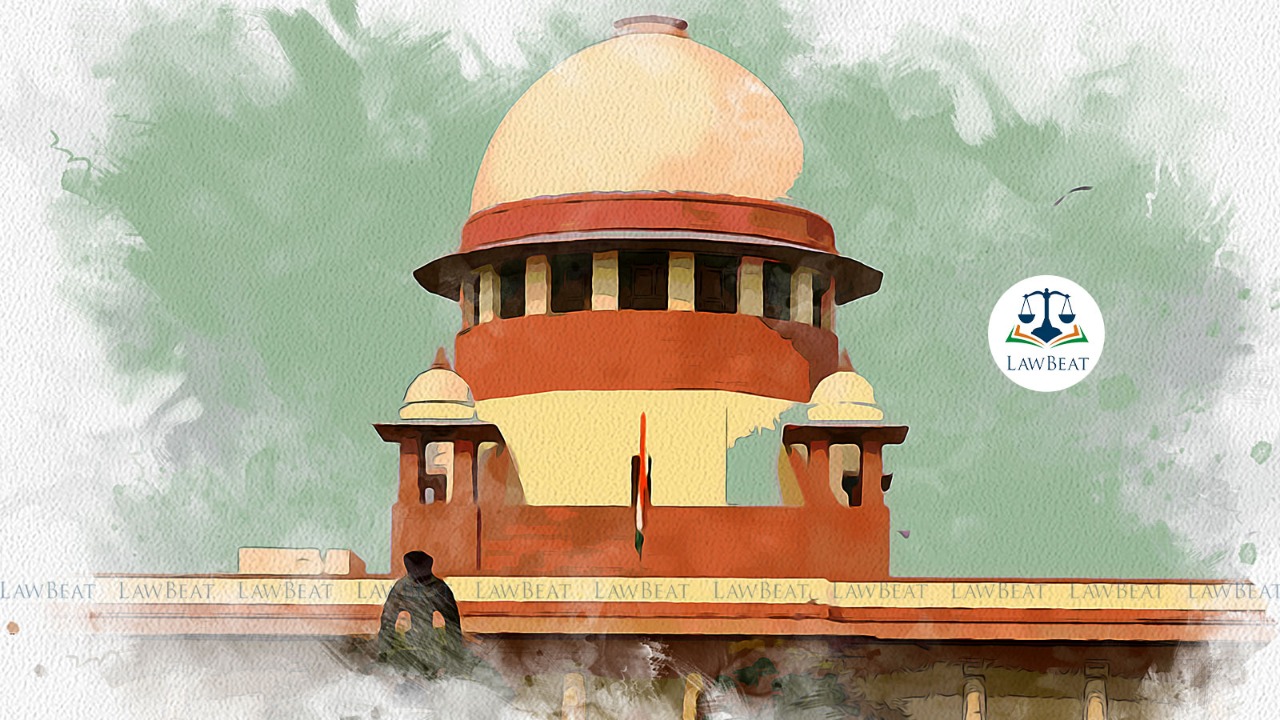Supreme Court reserves verdict in Judicial Officer’s plea seeking reinstatement following resignation on account of alleged sexual harassment by High Court Judge

A Supreme Court bench of Justices L. Nageshwar Rao and BR Gavai today reserved judgment in a plea by woman district judge seeking reinstatement after resigning from service alleging sexual harassment and deliberate pressure.
Appearing for Madhya Pradesh High Court, Solicitor General (SG) Tushar Mehta, submitted that a three-Member Committee that had looked into the allegation of the woman judge and discharged its mandate by holding that allegations of sexual harassment were not established. He further submitted that the findings of the committee have been recorded as far back as on December 2017, he further submitted that these findings were not challenged in any proceedings by the judge.
The SG argued that the fact that the findings recorded by the Committee were beyond the scope of its reference would not be enough to record a finding of “coercion to resign”, that too in a petition under Article 32 of the Constitution of India where facts cannot be adjudicated.
The SG further submitted that “coercion resulting into resignation” is a concept developed and used in western jurisprudence in the context of labour jurisprudence and may not be relevant in the Indian context. Mehta submitted that the plea of “coercion resulting into resignation,” may not be available to a Judicial Officer, who is charged with the sovereign functions of dispensing justice.
The SG submitted that the Judicial Officers are expected to be and are trained to be independent, fearless, non-impulsive and acting in accordance with law. The logic which applies to labour force or workmen cannot be applied in case of judicial officers. Mehta submitted that the decision to resign in the present case, is based on mid-term transfer and that this clearly made it an impulsive decision. Mehta contemplated that judicial officers cannot take impulsive decisions as the core function of a judicial officer is “to take decisions”. He submitted that a mere impulsive decision, cannot lead to a serious finding that the resignation was a result of “an act of coercion” by the High Court by mounting “intolerable pressure”.
The SG while relying on a gamut of judgments argued that mere existence of circumstances or circumstances inconvenient to an officer is not enough for a judicial declaration that the resignation was due to “coercion” and / or “intolerable pressure”. He submitted that it must be demonstrated, on leading cogent of evidence, that not only intolerable pressure was built, such pressure was intended not just to trouble an employee or to victimise an employee but to ensure that the employee resigns.
Mehta argued that test to be applied while considering the petition based upon an allegation of “coercion” should be the test of a “reasonable person standard” test. It cannot be tested from the point of view of an oversensitive or egoistic individual who feel offended by certain acts easily. The SG submitted that allegations of sexual harassment are not accepted by the Committee in a report prepared after recording elaborate evidence and these findings have attained finality. The petitioner raised this ground and the grounds raised in the present petition only after tendering the resignation.
He submitted that the instant writ petition challenged what is in effect, the collective decision of the Full Court on two occasions. He further submitted that though judicial review of Full Court decisions is permissible, the threshold of judicial review will be very high.
Indira Jaising, Senior Advocate, appearing for the petitioner submitted that the committee report was submitted in December 2017 and the writ petition was filed in 2018 and hence there is no delay. She further submitted that there is no requirement to show intention in such a case as it needs to be established only when a vicarious liability is claimed against an employer. She submitted that she was not claiming damages at all, she only wants to work within the judiciary.
Jaisingh further submitted that the claim that many similarly placed judges were transferred is not true as some judges who were transferred had completed deputation and their names were in the agenda before the transfer committee. Jaising submitted that the committee has found that the accused judge did not interfere with the transfer, however they could not show the nexus between the interference and sexual harassment.
Jaising quoted the SG of saying a woman is “emotional” is a stereotypical argument, (however it is to be noted that the SG used the word “impulsive,” and not emotional). She deemed it an argument of alarm. The SG however, clarified that no such statements were made and his arguments were wholly gender neutral.
The petitioner, a former judge at the Madhya Pradesh subordinate judiciary, claimed that she was forced to resign from duty owing to the hostile work conditions she faced at the workplace. She further alleged that she was handed a sudden transfer to a conflict area, after she refused to give in to the “illegal demands” of a High Court judge.
Case title: X Vs Registrar General, High Court of Madhya Pradesh
